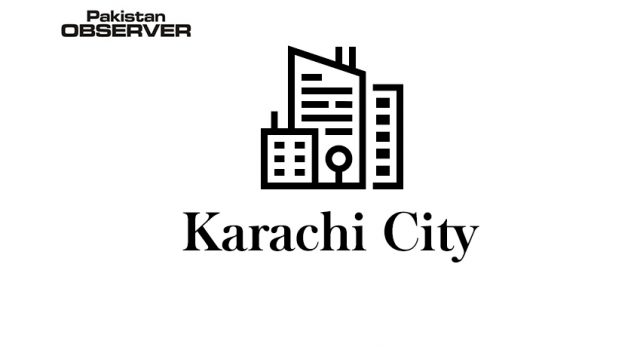The speakers at the international conference on “Afghanistan under Taliban: Implications for Pakistan and the Region” demanded the United Nations, United States of America, Russia, China, and other world forces play their due role in establishing durable peace and stability in Afghanistan and fulfill their commitments which they had made in the past and particularly in Doha, Qatar.
They observed that financial aid which is very crucial for Afghan people and government has not been restored yet which is creating a lot of problems for the interim Taliban government.
The former ambassador Dr Jamil Ahmed Khan, who was the keynote speaker at the international conference that was organized by the Department of International Relations University of Karachi at the Arts and Social Sciences Auditorium on Thursday, informed the audience that the geostrategic and geopolitical position of Afghanistan is very pivotal and so far we have witnessed that instability in Afghanistan has the major effect around the world.
He mentioned that instability in Afghanistan will have instability in the region and particularly in Pakistan.
While discussing US withdrawal from Afghanistan he posed a question that “Was it not a tactical retreat”? and shared his opinion with the audience that US withdrawal seems an organized destabilization of this region and that serves the interests of the USA because destabilization in the region would have negative impacts for Pakistan, China and Russia, and other countries.
He fears that if the US and the rest of the world did not restore the financial aid and support for Afghanistan then another civil war will be on the card.
He said that the winter season is just around the corner and almost 95 percent of Afghanis do not have access to food and other basic necessities.
Another speaker, Michael Kugelman, Asia Program deputy director and senior associate for South Asia at the Wilson Center, Washington D.C., USA in his recorded presentation on Regional Impacts of Afghanistan and implications for U.S policy, mentioned that how different states in the region are fearful about the situation in Afghanistan.
According to him, Russia fears Islamic State (I.S.) in the central Asian countries, China is also fearful about the Uyghur factor, India is fearful about Anti-India extremist groups and Pakistan is fearful about the TTP.
Kugelman said that he doesn’t think that the Taliban are going to curb TTP as it is in good hands with them. If the situation in Afghanistan goes well it would be better for the whole world and particularly for the region.
Meanwhile, the KU Vice Chancellor Professor Dr Khalid Mahmood Iraqi said that we are still paying the price for the decisions made during the late ’70s.
The largest numbers of Afghan refugees were settled in Pakistan than other countries, including Iran, but, as compared to Pakistan other countries did not witness the law and order situation, the culture of Kalashnikova, and drug trafficking.
He informed the audience that Iran has kept its country away from such things by implementing its strategy and law.
The KU VC Professor Dr Khalid Iraqi advised that we need to formulate and implement a coherent and far-reaching foreign policy keeping in view the modern requirements, situation, interests, trade, and economic needs of the country rather than entertaining others.
Meanwhile, the Chairperson Department of Peace and Conflict Studies, National Defence University (NDU), Islamabad, Dr Arshi Saleem, while discussing on Post-Taliban Takeover: Challenges of Terrorism in South-Asia said that there are specific threats of terrorism in and from Afghanistan and the political preferences of Taliban would tell that where they are going.
While discussing Pakistan’s concerns about TTP, she said, Taliban are in dilemma, if they curb TTP, it might join the hands of I.S. which is a rival of the Taliban and if they don’t, they might be having difficulties with the Pakistani government.
She observed that India is now more concerned about the rise of Taliban in Afghanistan because it can pose a greater threat for India, after BJP’s policies against Muslims, as pre-conditions exist in India and local militant organizations can have a larger regional network.










